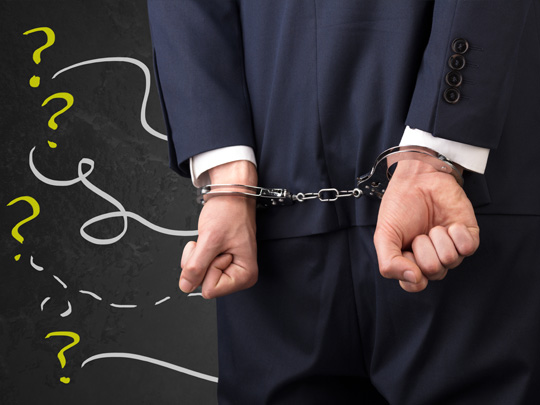Getting arrested can be a traumatic experience, especially when it’s for a crime that you did not commit. Whether you have been wrongly accused due to a case of mistaken identity, a misunderstanding, or incorrect evidence, knowing the right steps to take can be crucial. Remember, though the justice system aims to be fair, it is not infallible and errors can occur. If you find yourself in this situation, there are various strategies to prove your innocence and safeguard your rights. Here’s what you should do if you are ever arrested for a crime that you didn’t commit.
Being Proactive
When getting arrested for a crime that you didn’t commit, your initial reactions can significantly impact the outcome of your case. Therefore, it’s important to remain calm and composed. Anything you say can be used against you in a court of law, so exercising your right to remain silent is often the best course of action. Politely inform the arresting officers that you choose not to speak until your attorney is present.
Asking for an attorney immediately is vital. An attorney can guide you through the legal process, help in crafting your defense and ensure that your rights are protected every step of the way. Be patient throughout this process. The legal system can be slow and it might take time for your attorney to gather all the necessary evidence and proof to demonstrate your innocence. This evidence could include video surveillance, GPS data, or witness statements that provide an alibi or disprove the allegations against you.
Correcting Their Error
Being wrongly arrested for a crime that you didn’t commit is a serious matter that requires expert legal intervention. Hiring a qualified criminal defense attorney, such as Orange County criminal defense attorney David A. Stein, can make a significant difference in your case. He understands criminal defense law inside and out and will use the most effective strategies in your defense.
David A. Stein will also work diligently to gather evidence, identify inconsistencies in the prosecution’s case and present a compelling argument for your innocence. He may negotiate with prosecutors to dismiss the charges before the case goes to trial, based on the strength of your alibi or the evidence that corroborates your story. Remember, the goal is not just to beat the charges against you, but to minimize damage to your reputation and personal life.

